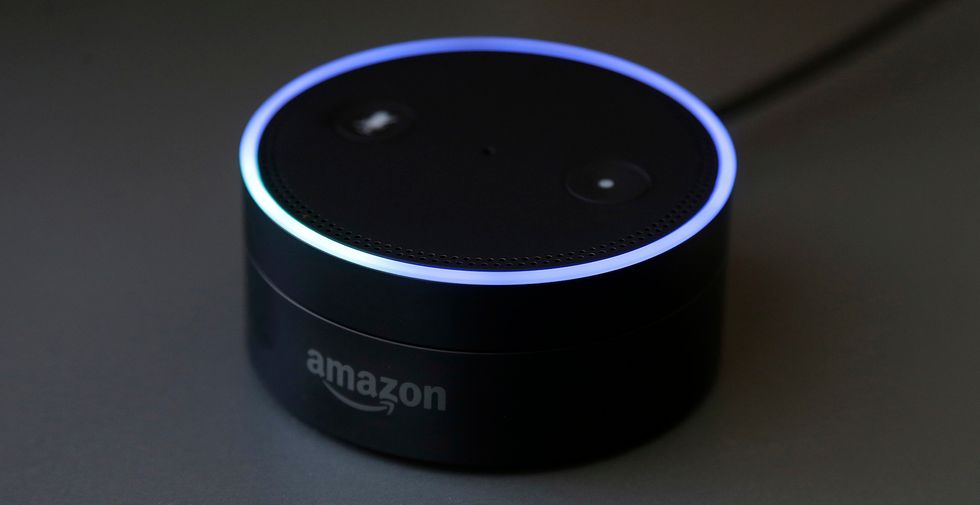
AP Photo/Jeff Chiu

Most people who received an Amazon Echo device for Christmas probably want to ask Alexa, the voice-automated assistant, questions about the weather, the news or their music playlists. But there's one Echo in Arkansas that police want to ask for clues in a murder investigation.
According to The Information, a tech news website, police in Bentonville have issued a warrant for Amazon to give them any audio or other records stored in the Echo owned by James Andrew Bates, who is slated to go to trial next year for first-degree murder in the death of Victor Collins.
While Amazon has refused to hand over all the data on the device, the company did give police Bates' account details and purchase history. Law enforcement officers were able to retrieve information from the speaker, but it is not yet clear what data they were able to access.
"Amazon will not release customer information without a valid and binding legal demand properly served on us," the company said in a statement to Engadget. "Amazon objects to overbroad or otherwise inappropriate demands as a matter of course."
In addition to whatever might be trapped inside the Echo, there were other technological clues left behind, according to Engadget:
Police say Bates had several other smart home devices, including a water meter. That piece of tech shows that 140 gallons of water were used between 1 a.m. and 3 a.m. the night Collins was found dead in Bates' hot tub. Investigators allege the water was used to wash away evidence of what happened off of the patio.
While it might be convenient — and certainly helpful — for police to have access to the high-tech gear in this case, should the findings be admissible in criminal cases?
Bates' lawyer, Kimberly Weber, doesn't think so. "You have an expectation of privacy in your home, and I have a big problem that law enforcement can use the technology that advances our quality of life against us," she said.
This scenario harkens back to when, in April, the FBI forked over more than $1 million to unlock the iPhone used by San Bernardino attacker Syed Farook. After Apple refused to assist the bureau by unlocking the device, citing concerns over privacy rights, the federal agency found "an outside party" willing to break into the shooter's iPhone.